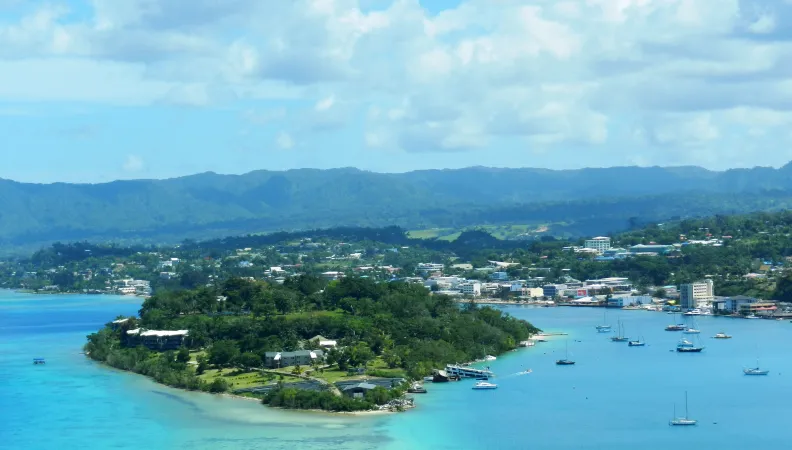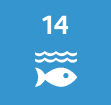Share the page
A concept for sustainable blue tourism (Blue tourism)
Project


-
Project start date
-
Status
In progress
-
Estimated date of project termination
-
-
Project financing date
-
-
Financing duration
-
4 years
-
Type of program
-
FFEM
-
Global financing amount
-
€ 46000000
-
FFEM financing amount
-
€ 2200000
-
Project lead member institution(s)
-
French Ministry of the Ecological Transition
-
Country and region
-
Caribbean, Mediterranean, Indian Ocean
-
Type of financing
-
Partners
-
GIZ, UNEP
-
Beneficiaries
-
IDDRI
-
Type of beneficiary
-
Non-financial public or parastatal company



The tourism industry, and mass tourism in particular, is causing considerable environmental damage. The FFEM is supporting a project seeking to help develop sustainable post Covid tourism in the Mediterranean, the Indian Ocean and the Caribbean.
Context
Tourism represents around 10% of GDP and employment worldwide, with 1.5 billion international travellers in 2019. However the Covid crisis hit the industry hard and had significant social consequences. While the outlook remains uncertain, this unprecedented stoppage offers an opportunity to seriously rethink the directions in which mass tourism is developing - which have become environmentally toxic - steering them towards a more resilient and inclusive future.
With this in mind, the FFEM is supporting this project which aims to encourage the emergence of sustainable blue tourism in 3 strategic marine regions: the Mediterranean, the Western Indian Ocean and the Caribbean, through pilot experiences.
Description
The project has 3 components:
- Identifying the issues related to coastal tourism at global, regional and local scales (pilot sites), monitoring the directions sought by those involved and identifying possible synergies for the sustainable management of blue tourism.
- Steering local strategies for blue tourism development toward a sustainable model on pilot sites, through financing pilot projects and reinforcing the capabilities of local project sponsors.
- Monitoring, evaluating and capitalising the local implementation of pilot projects, experience-sharing and raising awareness among public and private actors to embed sustainable tourism at regional level and facilitate replication at larger scales.
Outcoms
- A report on the current status and prospects for global tourism and blue tourism (evolution since 2017).
- Comparison of strategies used to relaunch tourism in certain destinations following the Covid pandemic.
- Analysis of the mechanisms for regional cooperation.
Innovative and exemplary features
This project - supported by the FFEM - is already innovative as it places front and centre the social and environmental impact of tourism In fact, this human activity, which has been growth-oriented for decades, remains largely ignored by sustainable development policies.
The project distinguishes itself further through its ambition to move the tourism sector from being seen through a domestic lens, to one attracting cooperation at marine-region levels. The logic behind it - both multi-scale and multi-dimensional - is especially unprecedented.
In addition, the 3 regions benefiting from the project provide a representative snapshot of the existing issues caused by tourism on a global scale, so ensuring that it can be replicated.
Sustainable Development Goals
ODD8 Decent work and economic growth

ODD12 Responsible consumption and production

ODD14 Life below water



